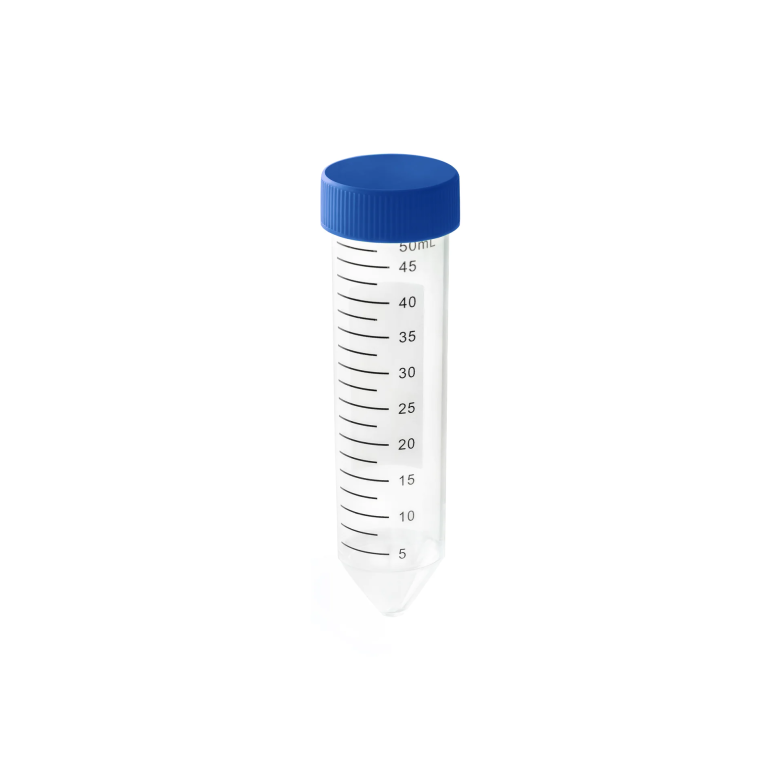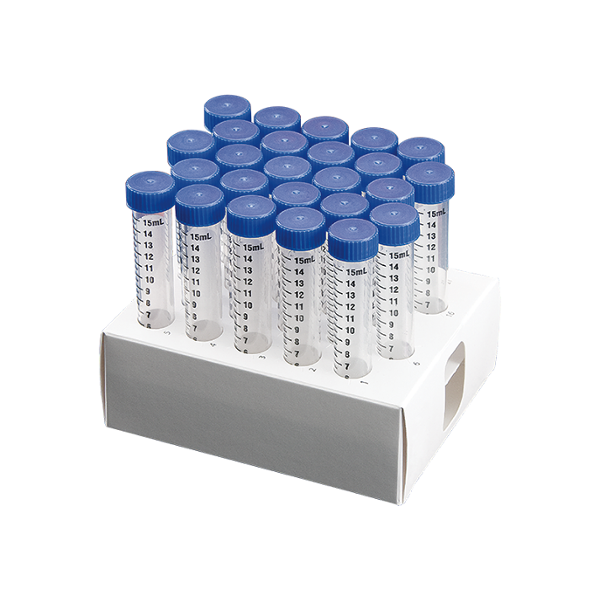A PCR plate is a special kind of plate used for Polymerase Chain Reaction applications. Its main functions are:
- Hold small-volume PCR reactions – PCR plates contain multiple wells that can hold volumes as low as 10-100 μl required for PCR reactions. The wells are sized and shaped to be compatible with the tubes and strips used in PCR thermal cyclers.
- Withstand high temperatures – PCR plates are made of materials that can withstand the high temperatures needed for DNA denaturation, annealing, and extension in PCR, typically around 95°C. Common materials include polypropylene and polystyrene which have high heat tolerance.
- Minimize evaporation – PCR plates are designed to minimize evaporation of the small volume PCR samples during high-temperature cycling. They have close-fitting heat-sealed covers or caps that prevent significant evaporation over the duration of typical PCR protocols.
- Allow good heat transfer – The plates are made of materials and have well sizes that promote efficient heat transfer to the PCR samples during thermal cycling. This allows for rapid and uniform heating and cooling of all samples.
- Compatible with instrumentation – PCR plates are standardized to be compatible with various PCR thermal cyclers and plate handlers from different manufacturers. They have positioning and orientation features that allow precise control and automated handling of the plates.
- Facilitate high throughput – The 96-well and 384-well plate formats, in particular, allow PCR setup and cycling of a large number of samples simultaneously. This enables high-throughput genotyping, DNA sequencing, and other PCR-based applications.
- Prevent cross-contamination – PCR plates are designed to minimize the risk of cross-contamination between wells. Some have raised rims, moats, or individual wells to isolate each reaction. Others are made of hydrophobic plastics that confine the PCR samples to their respective wells.
- Allow plate sealing – Dedicated heat seals, adhesive seals, mats, and heat-sealing equipment are available to securely seal PCR plates for storage and cycling. Proper sealing prevents contamination and evaporation and allows plates to be stacked.


